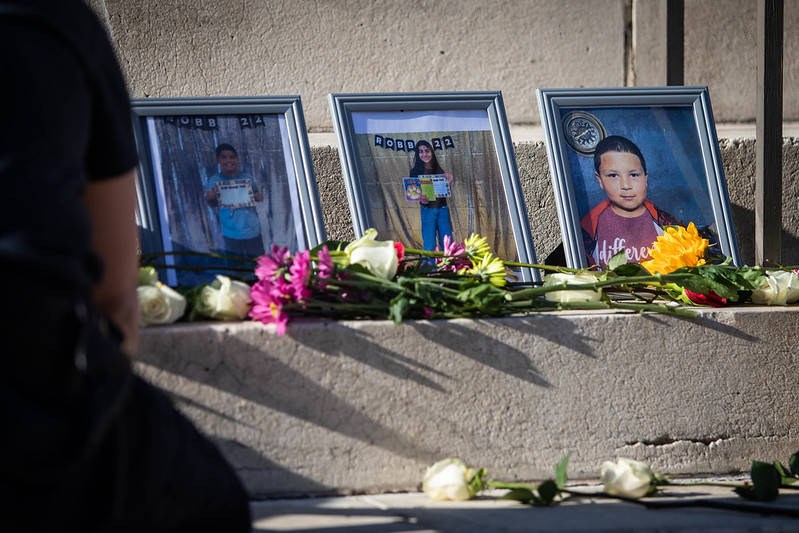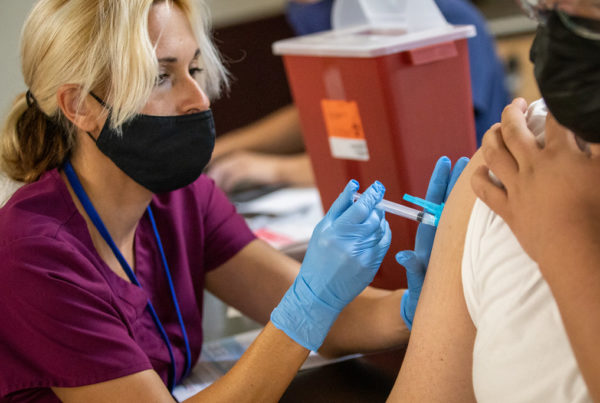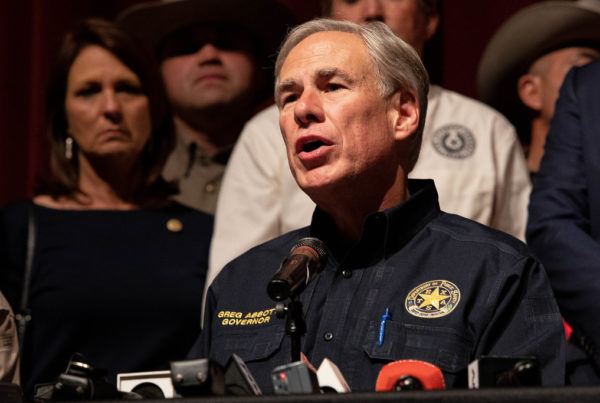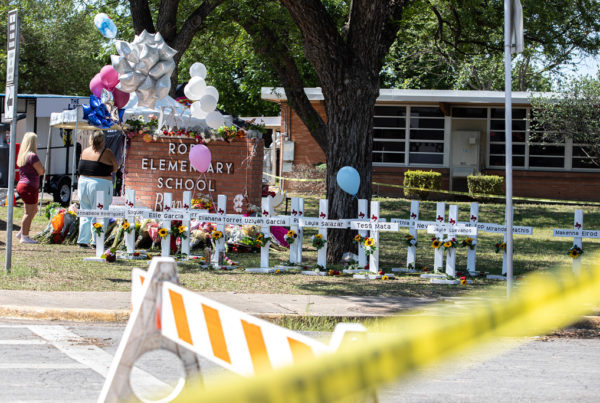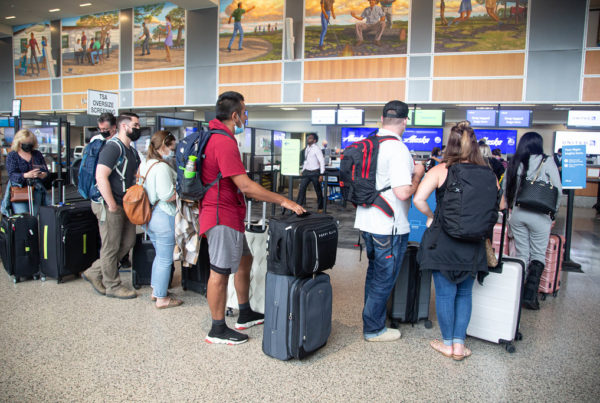In a Wednesday press conference about the Uvalde shooting, Gov. Greg Abbott suggested “mental illness” drove the shooter to gun down students and teachers at Robb Elementary School, though he said the gunman did not have a history of mental health issues. He then called for more mental health care resources.
It’s a common refrain after mass shootings, yet mental health services remain out of reach for many in the U.S. for reasons like cost, proximity to care or even stigma. That’s especially true in rural communities like Uvalde, which are less likely to have adequate access to mental health providers.
Alejandra Castro, director of Rural Services at Family Service Association, a nonprofit based in San Antonio, joined Texas Standard to discuss mental health care in rural parts of the state and the needs of those communities.
Listen to this interview in the player above or read the transcript below.
This transcript has been edited lightly for clarity:
Texas Standard: Can you speak broadly about the gaps in mental health care for rural communities in Texas? What is the landscape like?
Alejandra Castro: Unfortunately, there is a lack of resources in the communities that we serve. We have, personally, through Family Service Association, we serve seven different counties. And I can tell you that there’s never enough resources in the community.
And, of course, we’ve been reading and hearing about a crisis in mental health care. Certainly that has been exacerbated by the pandemic. What sort of demand for mental health services are you seeing in parts of rural Texas?
We have seen an increase – tremendous increase – in referrals for counseling. We have seen a tremendous increase within our youth in need of services for counselors, for mental health counseling.
What are some of the other factors that are barriers to care for people outside of urban areas?
We don’t have enough providers. There is a handful of licensed clinicians in the areas that we service, and unfortunately that always creates a barrier because we can’t serve everyone. And so we work closely with universities – some of the students that are working to attain such degrees and become licensed professionals, unfortunately, do not stay in the rural areas. They prefer urban areas. So that creates a huge barrier in serving, meaning individuals are not able to travel to urban areas for these type of services.
In the wake of the shootings that we’ve experienced here in Texas, we’ve often heard politicians call for mental health care and more mental health care resources. Have you seen any change from politicians when it comes to getting those resources and providing those services?
No, sir. We hear about it, but unfortunately, it takes a long time to see the resources trickle down to the rural areas. It’s very unfortunate that something like this had to happen in order for us to look into what the needs are, because they’ve always been there. But we certainly hope that this creates change. The need is there, the support is needed, and we need it now.
More specifically, what sort of changes do you need to see? What sort of policies would make it possible to better serve rural communities when it comes to mental health needs?
Funding. It requires funding. And so the rural areas, for various reasons, receive less funding altogether. And so, again, we need funding in order to bring those support services to the rural areas.
What would help you most? More institutional services? Do you need more individual doctors? Mental health care providers? What would help you out most?
I believe it’s a combination. It’s a combination of us coming together as communities and identifying those needs. I believe that they’ve already been identified not only for mental health, but specialized care as well. But I believe in all entities coming together, working together and making it happen. One individual, one institution cannot do it alone. It takes a village. And we need to all work together.
If you had the ear of the governor, if the governor were listening right now, what would you what would you tell him?
We need his support. Our communities need his support.


